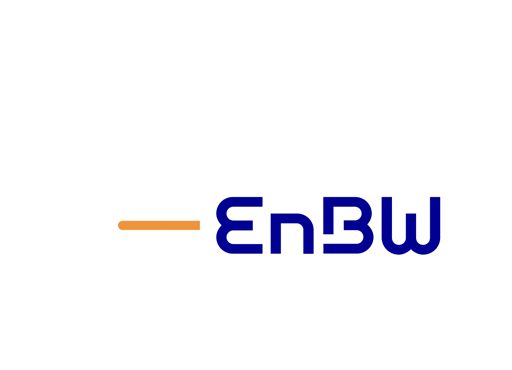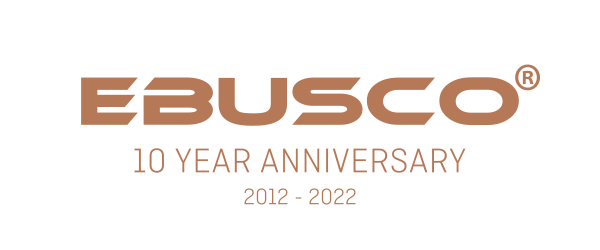Advisory Board
The external experts in the Advisory Board keep track of the project’s progress and will be asked to provide feedback and advice on issues that may arise during the project by:
- providing input and answering questions from partners during research,
- providing feedback and knowhow to the project objectives,
- providing final feedback on attention points for results and expectations in order to deliver the best possible result from the project.
Advisory Board members for iSTORMY
The Advisory Board (AB) exists of three external experts from three different companies. They have been approached as they are involved in other related projects and/or in the field of renewable energy.
The first AB member is Dr. Salvador Ceballos from the organisation Tecnalia.
Salvador Ceballos received the M.S. degree in physics from the University of Cantabria, Spain, in 2001, and the M.S. and Ph.D. degrees in electronic engineering from the University of the Basque Country, Spain, in 2002 and 2008, respectively. Since 2002 he has been with Tecnalia Research and Innovation, where he is a principal researcher in the area of power electronics. He has participated in multiple projects on the fields of power electronics, renewables and power systems with high penetration of power electronics. For the last five years he has been collaborating with the Nanyang Technological University in several projects mainly focused on the development of control solutions for the power electronics interface of medium voltage battery energy storage systems (MV BESS). He publishes regularly in this topic.
Due to his main background in power electronics, Salvador will be involved in those activities related to the definition, design, simulation, control and validation of the modular power electronics interfaces of the BESS developed in iSTORMY.
The second AB member is Dr. Magdalena Graczyk-Zajac from EnBW Energie Baden-Württemberg AG.
Magdalena is a project leader in the Research and Development Department of the EnBW Energie Baden-Württemberg AG. Optimization and efficient operation of stationary storage installations including testing and evaluation of innovative storage solutions are in the focus of her interests. She is also involved in the activities of EnBW related to lithium recovery from geothermal sources.
She is a chemist with passion in battery science, energy storage systems, electrochemistry and new (functional) materials. Her research interests include innovative processing routes to obtain well-performing materials for lithium and beyond lithium technologies, as well as advances in recycling routes of Li-ion batteries. She is acquiring the qualification for lecturing in higher education (“Habilitation”) at TU Darmstadt and is a deputy coordinator of the Horizon 2020 granted project SIMBA (Sodium Ion and Sodium Metal Batteries, Grant Agreement no. 883753).
The organisation EnBW Energie Baden-Württemberg AG
EnBW Energie Baden-Württemberg AG and its predecessor companies were created and have grown over decades through ever new mergers of regional energy suppliers. The EnBW’s roots are widely spread in Baden-Württemberg and shape our identity. Since the end of 2010, EnBW has once again been majority-owned and equally owned by the state and the districts united in the OEW (Zweckverbund Oberschwäbische Elektrizitätswerke). This means that we will remain firmly anchored in Baden-Württemberg for the future. EnBW has the character of a quasi-municipal company in its genes.
The energy landscape has been changing for a number of years – and with-it EnBW. Back in 2013, we set a new course for the future. From our beginnings as a classic energy company, we continue to evolve into an innovative and sustainable partner for energy and infrastructure. Today, we are focusing our business on renewable energies, electricity grids, telecommunications networks, e-mobility and smart, sustainable energy solutions for our customers. Step by step, EnBW has driven the energy transition and now we have another goal in our sights: EnBW is set to become climate-neutral by 2035.
EnBW’s renewable energy power plants are equipped with electrochemical energy storage solutions. As a member of the Advisory Board of iSTORMY we will be glad to share our experience in planning and installing stationary storage with the iSTORMY consortium. We find iSTORMY concept innovative and interesting and looks forward for project achievements.
The third AB member is ir. Patrick Heuts from the organisation EBUSCO.
Patrick Heuts received his MS degree in Electrical Engineering in 1994 at the University of Technology in Eindhoven. His career started at Philips Semiconductors, nowadays NXP, developing state-of-the-art chip sets for the automotive industry. During the 15 years working within semiconductors he mastered the complete engineering development processes and specialized on innovative products launching. The latter was supported by Mastering Technology Enterprise, an executive development program at IMD in Lausanne. The last 10 years he spent on growing small sustainable technology companies with his innovation management competency. He is still deeply involved in the technical architectures & systems, but with a business driver. It concerns a diversity of activities as advanced solar panels, efficient propulsion system for ships, electric buses, charging solutions and energy storage systems. Currently he is director R&D at Ebusco B.V., the electric bus OEM that homologated the first electric bus in Europe in 2012 and had IPO in 2021 valued >1Billion. He joined in Ebusco in 2015 and was responsible the development of the electrical and software platform which is outperforming in the market today. His battery knowledge is now expanding towards the energy storage system Ebusco Energy is launching into the market.
This is also the main reason for being present in the advisory board of iSTORMY. His contribution covers both on the technical and the business potential of solutions in development.


